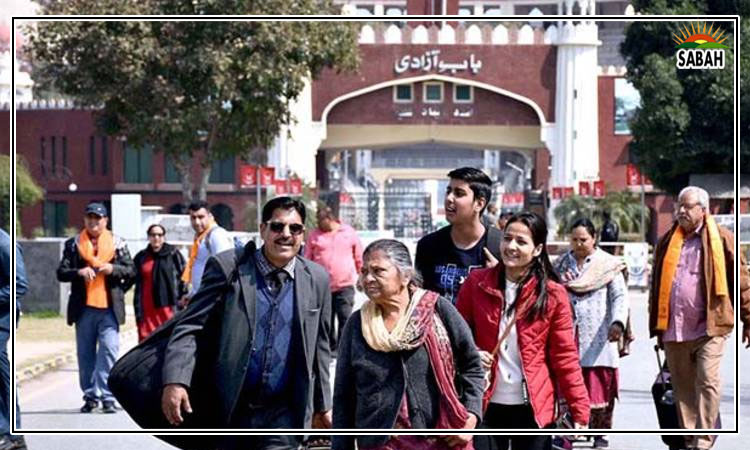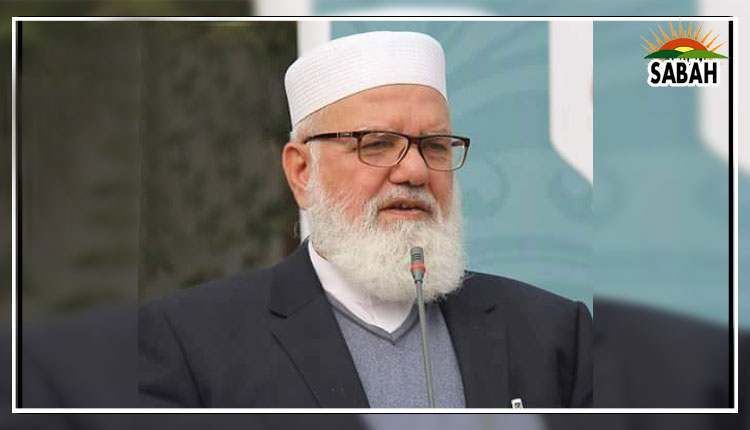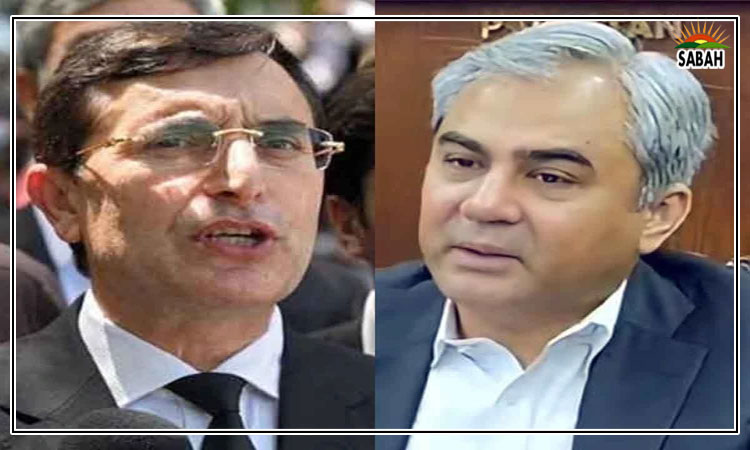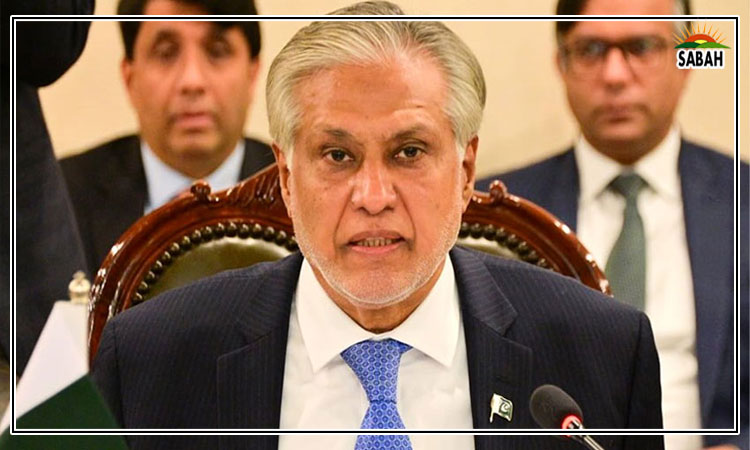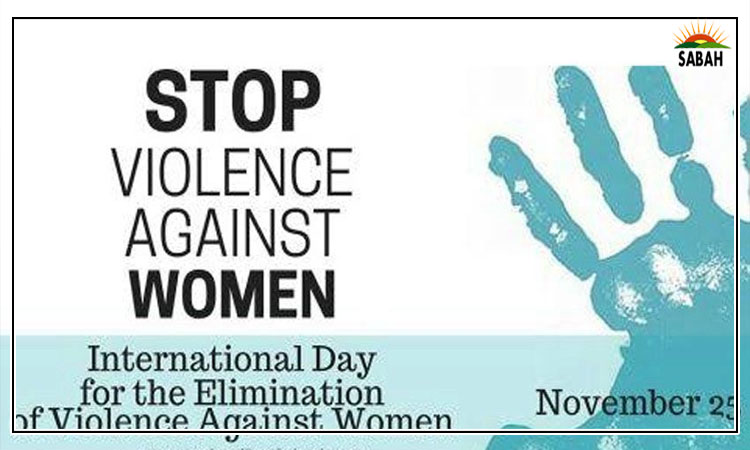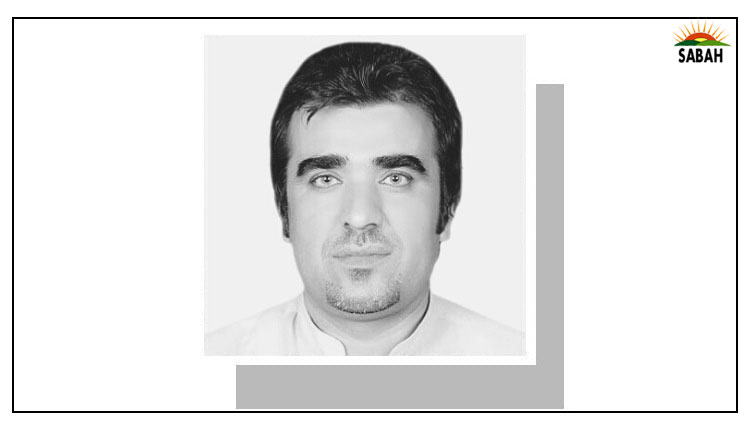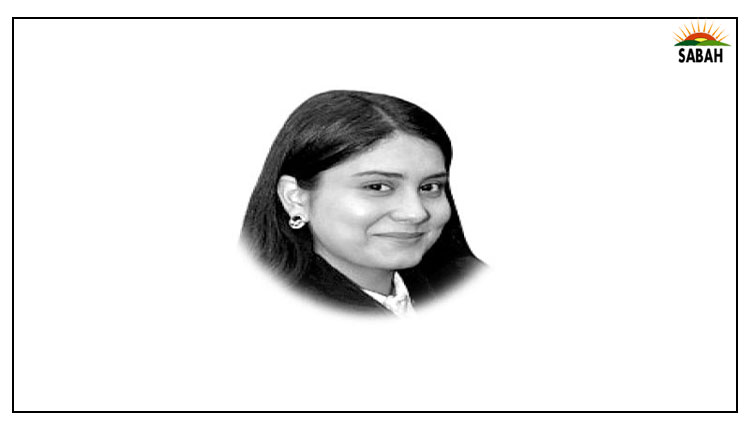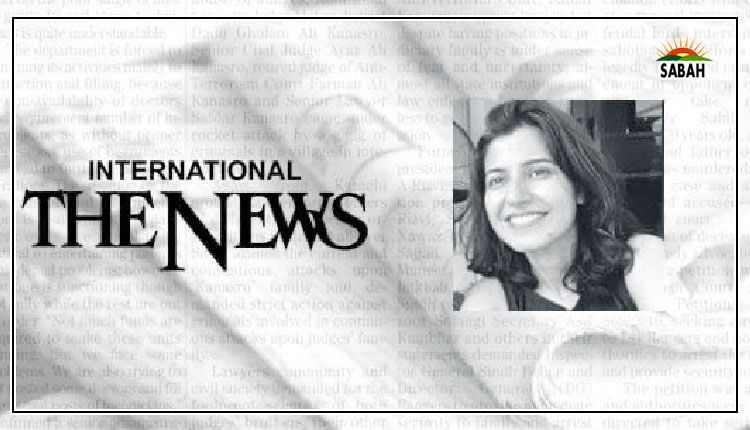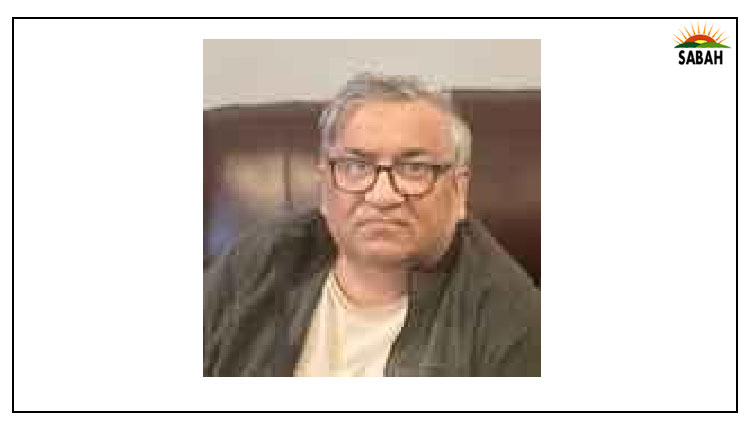A happy gathering …. Asha’ar Rehman
The refrain about a supposedly impending parting of ways between the PML-N and the PPP has been a part of the recent Pakistani political discourse with the same intensity and frequency as the conjecture about when the country was going to have its much-needed general election.
Not a day passes without an expert analysis of the ‘compelling’ factors that must break up the alliance of convenience between the two erstwhile rivals. It is only a matter of time, the verdict of the jury says, and with plenty of conventional logic. So far, however, there have been more reasons for the pragmatic partnership to continue and indeed in all likelihood, the chances for the survival of the grand Sharif-Zardari coalition even beyond a general election are bright.
The nuance may not be all that standard for Pakistani politics. By all accounts of the knowledgeable, the phenomenon that brought the opponents of the past is fast fading. We have it on the authority of those with access to kingmakers that the man who provided the PPP and PML-N with a reason to forge an alliance together is on his last legs politically. And it is obviously this widely-held belief that provokes the thought that, having served its purpose of sidelining an unwanted ‘accidental’ half-politician from amongst themselves, the veterans in the two old camps led by Nawaz Sharif and Asif Zardari can go their old acrimonious ways against each other.
It could well have turned out that way if the situation in relation to the presence of the PML-N and PPP in Pakistani politics had been the same as it was, say, in the 1990s. There are significant differences in the strength of the parties, not just the PML-N and PPP but other political outfits in the fray as important power players. This necessitates new adjustments and precludes an old-fashioned one-on-one between the jiyalas and noon-leaguers immediately.
Take Punjab, the prize that defined the battle lines between Z A Bhutto’s heirs and Ziaul Haq’s inventions for a long time. Let us concede that the PTI is a spent force. Let us believe the explanation about the timidness of the effort led by Jahangir Tareen and his Istehkam Party in providing the people with an alternative to everyone from Imran Khan, and Mian Sahab and Zardari Sahab. Can we say that the territory has been cleared for the classic duel between the 1990s stars, the PPP and PML-N? Not quite.
The PML-N today is an entity which by its own confession is looking to regain ground it had lost to the PTI, after the rampant Sharifian model had reduced the PPP to a mere shadow of its past in Punjab. So far the PPP is hardly in the race here and expectations that its ranks will swell because of an attempted severing of the tributaries feeding the PTI in parts of the province have so far turned out to be false. Allegedly, the Zardari camp has been upset over the inflow of ‘political talent’ into creating the Istehkam option whereas the PPP was present there as the evergreen alternative.
It is not clear as to how true this talk about the PPP being unhappy about not emerging as a natural alternative to the seemingly rejected PTI is. Both Zardari Sahab and his worthy proteges must be wise enough to realize that in the current political parlance, the PPP in Punjab does not have the strength to realistically lay a claim as a party of choice to replace the very popular PTI – and eventually as a party equipped to offer any meaningful opposition to whoever from the Sharif clan ends up leading a N-League charge for power.
The PPP leaders have thrown the feelers, typically expressing their desire of running their challenge with greater vigour from Lahore. There has been little positive response to these lines meant to reinvigorate the party. Not only this, except for Sindh where Zardari Sahab continues to win over the unlikeliest of allies, a pro-PPP wave is desperately awaited. In Balochistan, the focus is on those who reportedly wanted to be a part of the PPP but were constrained to not join Zardari Sahab because of well-known obligations. In Khyber Pakhtunkhwa, the compulsions of keeping the coalition partners content have created a situation where the PPP has been forced to complain about Prime Minister Shahbaz Sharif favouring another partner in the government, Maulana Fazlur Rehman.
If these are the contours upon which Pakistan’s future power setup is to be built, ideally these coalition partners will be trying to avoid an election that threatens to cast them in new roles. They would want to persist with what they have created in the name of rescuing the country from the grip of the ill-directed and the unwanted. If they are forced to go into an election and square against each other most reluctantly.
The writer is a senior journalist.
Courtesy The News


